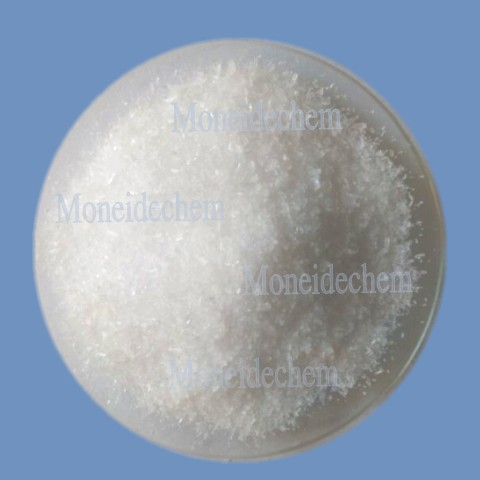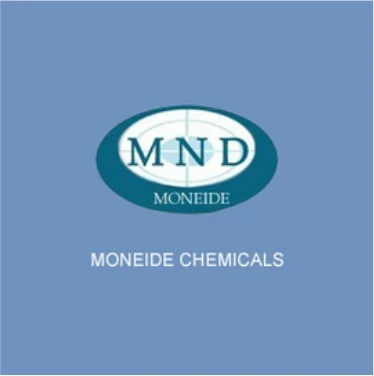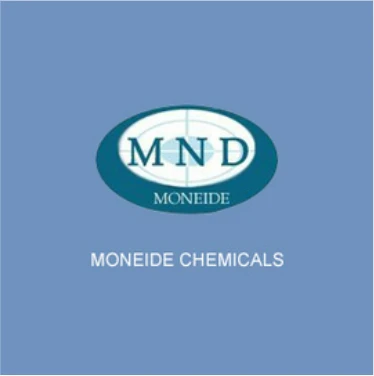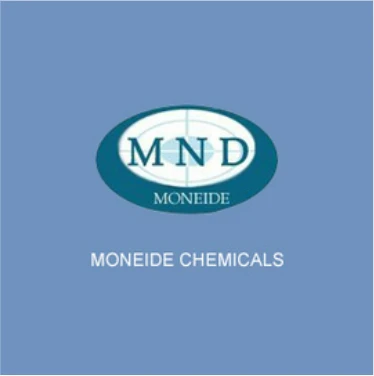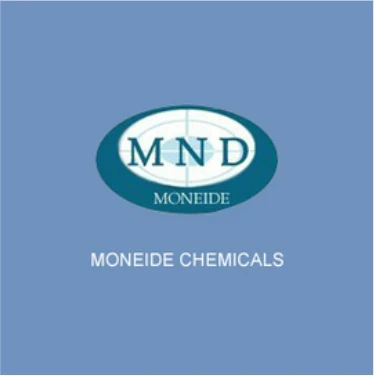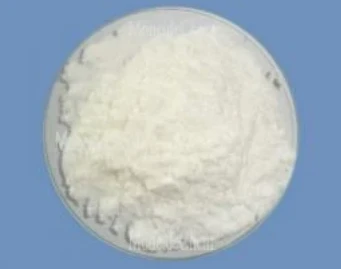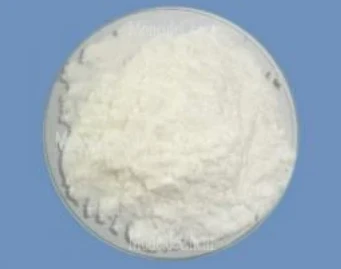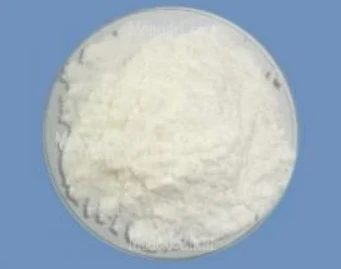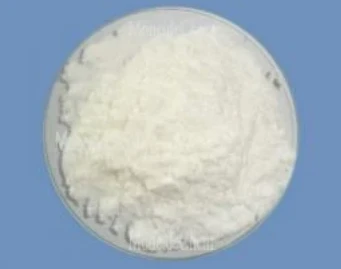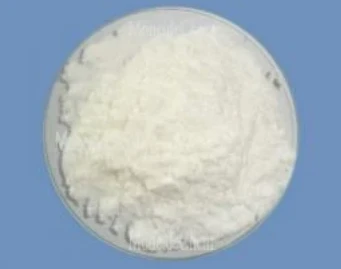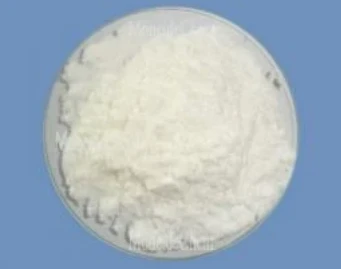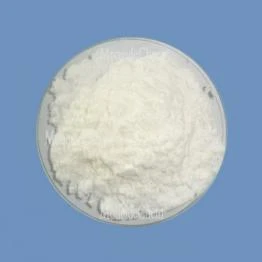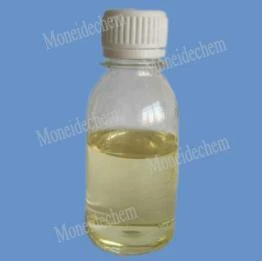Moneide Chemicals
Tel: 86-315-8309571
WhatsApp/WeChat/Mobile: 0086-15633399667
Skype: janet-honest
Mail: sales@moneidechem.com
Address: 2-7-523 Jidong Building Materials Tangshan, Hebei 064000 China
Sodium 4-hydroxybenzenesulfonate
|
Chemical Name |
Sodium 4-hydroxybenzenesulfonate |
|
Synonyms |
4-Phenolsulfonic acid sodium salt |
|
CAS No. |
825-90-1 |
|
EINECS No. |
212-550-0 |
|
Molecular formula |
C6H5NAO4S |
|
Molecular weight |
196.16 |
|
Molecular Structure |
|
|
Details |
Appearance: White crystalline powder |
|
Main Application |
Used in photographing, pharmaceutical, electroplating industry. |
Sodium 4-hydroxybenzenesulfonate is a versatile organic compound widely used in chemical, pharmaceutical, and industrial applications. It is the sodium salt of 4-hydroxybenzenesulfonic acid and is known for its good water solubility, chemical stability, and functional hydroxyl and sulfonate groups that enable a range of chemical reactions.
1. Dye and Pigment Industry
One of the primary uses of sodium 4-hydroxybenzenesulfonate is in the synthesis of azo dyes and pigments. Its sulfonic acid group improves dye solubility in water and enhances dye–fiber interactions, making it valuable in textile and leather dyeing applications.
2. Pharmaceutical Intermediates
In the pharmaceutical sector, it serves as an intermediate in the synthesis of drug molecules. Its functional groups allow it to be used in sulfonation and coupling reactions in the preparation of active pharmaceutical ingredients (APIs) and other biologically active compounds.
3. Electroplating and Surface Treatment
This compound is sometimes used in electroplating baths and metal surface treatments, where its sulfonic acid structure helps improve the conductivity and stability of electrochemical solutions.
4. Chemical Research and Development
Sodium 4-hydroxybenzenesulfonate is used in organic synthesis and analytical chemistry for developing new molecules or studying sulfonation mechanisms. It is a convenient starting material or reagent in lab-scale reactions.
5. Polymer and Resin Modification
It can also be used in modifying resins and polymers to introduce hydrophilic or ionic properties, which can enhance performance in coatings, adhesives, and ion-exchange materials.









